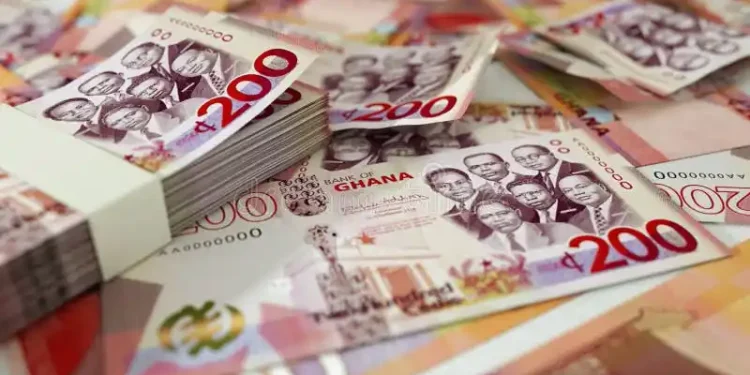Cedi’s Global Lead Reversed by Spike in Import Demand

A surge in demand for dollars by companies paying for imports before the year-end holiday season has ended the Ghanaian cedi’s world-beating performance.
According to data from Bloomberg, the currency of Africa’s biggest gold producer weakened 13% so far this quarter — the biggest decline globally.
That’s erased some of the cedi’s 50% gain that was underpinned by a stronger bullion price and saw it ranked as the world’s best performer in the three months through June.
The central bank’s inability to supply sufficient foreign currency to the market has contributed to the cedi’s current weakness, according to analysts including Hamza Adam, head of market-risk management at UMB Bank Ltd.
“As at last week, banks that filed dollar needs on behalf of their clients to the Bank of Ghana got about half of their requests,” he said by phone from the capital, Accra. “This week the central bank is trying to meet all demand.”
The cedi traded 0.1% weaker at 11.9507 per dollar by 1:50 a.m. in Accra. On a year-to-date basis, it’s gained 23%.
Ghana’s import-dependent economy ships in everything from food to machinery. Demand for products from abroad tends to increase toward the end of the year as businesses stock up before the Christmas-holiday season.
While Ghana’s gross international reserves soared to a three-year high of $11.1 billion by the end of June, the central bank won’t deploy sufficient funds to fully meet demand for foreign exchange.
“The cedi should be stable within a reasonable range,” the bank said in an emailed response to questions. “Our role at the Bank of Ghana is to ensure that fluctuations remain orderly, that they reflect fundamentals and that they do not undermine confidence in the broader economy.”
Source: Bloomberg










